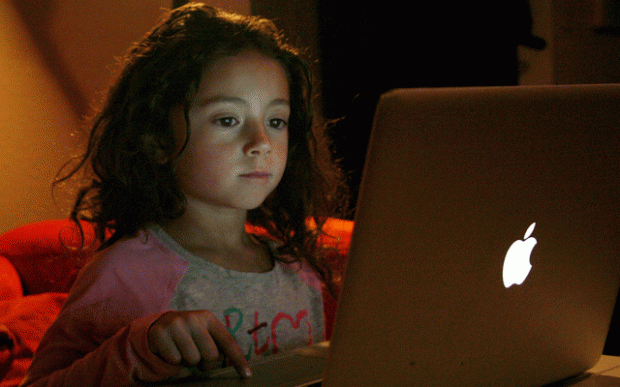
As learning increasingly moves toward the digital landscape, the role of data is also coming under more scrutiny. Every time a student browses the Internet or uses an app for learning, trace data is created, and thus the potential to use it for the benefit of that student.
A slew of companies and products offer the promise of collecting data to help educators, but there are still major concerns about how that data will be used, including issues around student privacy and teacher evaluations.
Reynol Junco, faculty associate at Harvard’s Berkman Center for Internet and Society, is studying the role of data in education, and says the potential for using learning analytics for students' benefit is far from being realized. Using data as formative assessment -- providing feedback to students in incremental steps rather than with big tests like mid-terms or finals -- can be helpful to both students and teachers, he says.
"I think of learning analytics as the ultimate formative assessment. We're always talking in education about how formative assessments are very important. It's important to assess frequently and to make adjustments," he said recently on NPR's Tell Me More. "We've got data well before a student will flunk a first exam or a quiz and so we can make some predictions about the things that they're doing and how we might intervene before we get to that point.
Junco sees potential for trace data to further individualize learning, or at the very least help educators understand how their students use the Internet.“It's collecting large amounts of data to identify patterns that will help tailor education more precisely for each child,” Junco said. “Some of my research has already shown that we can use things like how much time students spend on Facebook and what they do on Facebook to predict academic outcomes,” Junco said. In that study [PDF] he learned that students who use Facebook in class to socialize have lower GPAs.

